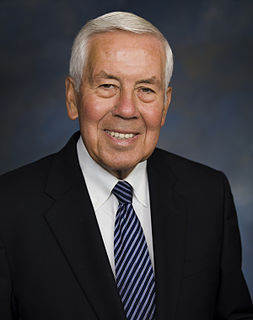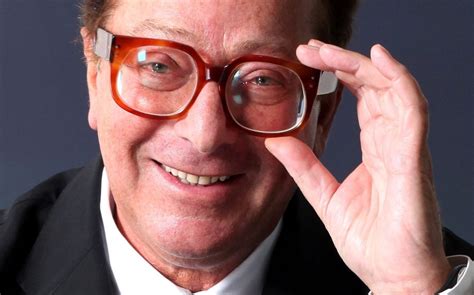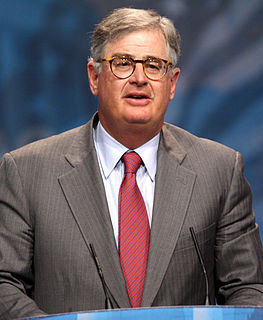A Quote by Jack Ma
IBM, Microsoft, the profit they made was larger than the top four banks in China put together... But where did the money go?
Related Quotes
Of other countries, to impose economic sanctions, it'd really begin to dry up the enormous amount of money coming into North Korea, a lot of it from China - from Chinese banks - whereas, if we sanction the Chinese banks, there could be friction with China. But this is something we're going to have to face.
John Akers once said that changing IBM's culture was more difficult than getting elephants to dance. Of course it's really difficult, as Lou Gerstner also found out years later. The title of his own book is Who Says Elephants Can't Dance? He and his top executives were change masters at IBM. All organizations, especially the larger ones, will always need change masters. Dissatisfaction with the status quo and efforts to improve it should be encouraged rather than discouraged. Regrettably, that is often not the case.
America's critics can be heard everywhere. It is too much in love with money - worshipping the god of the marketplace, the golden calf. It has too much money, seven of the top 10 banks, eight of the top 10 companies etc. It is too stingy, giving away less of its wealth than other countries. It is vulgar, a rich barbarian.
Gates has always understood Moore's Law better than anyone else in the industry. If you can make something run at all, get it out there -it may be slow and clunky, but hardware improvements will bail you out. If you wait until it's running perfectly on the hardware already in the field, it will be obsolete before it's released. This philosophy built Microsoft and is the main reason Microsoft won the war IBM declared back in the OS/2 days.
I passionately disagreed with Treasury Secretary Hank Paulson's plan to bail out the banks by using a public fund called the Troubled Asset Relief Program (TARP) to help banks take toxic assets off their balance sheets. I argued that it would be much better to put the money where the hole was and replenish the equity of the banks themselves.



































